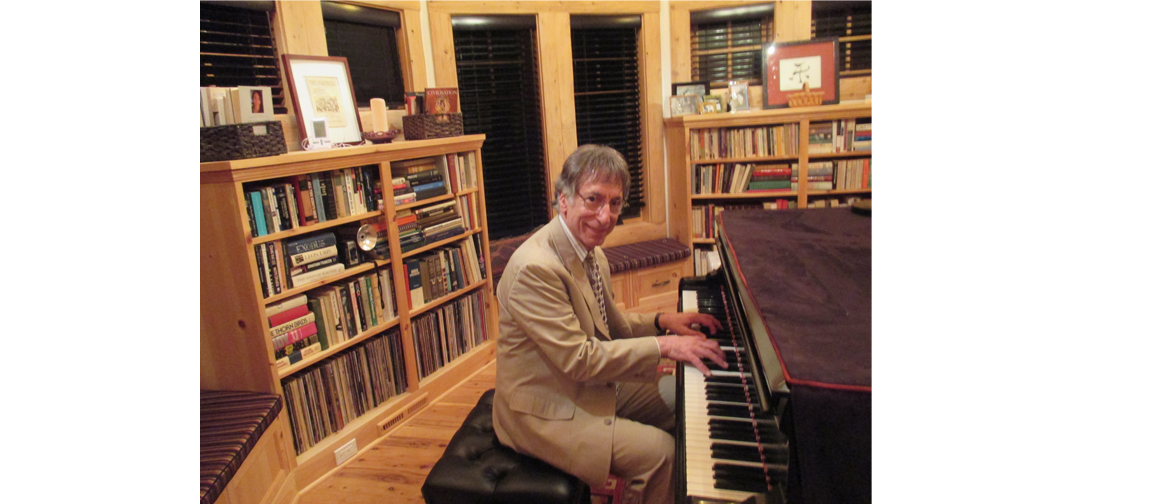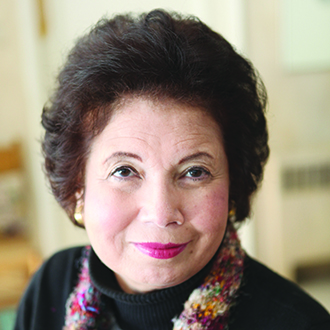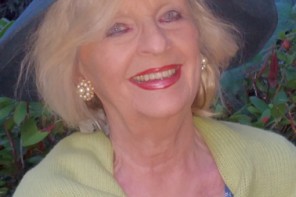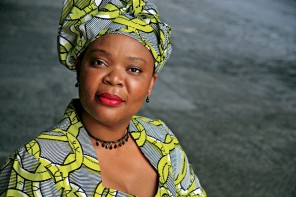“I feel very grateful for the way my life has turned out,” says Jeremy Stone, a former Broadway conductor who now runs an outpatient program for troubled teens at New York Presbyterian Hospital/Westchester Division in White Plains.
“If I could have written my own ticket, it would have been very much like this, using the knowledge and expertise I have obtained over life to enjoy two very different but now interrelated career paths.”
Stone, a clinical psychologist, heads an outpatient program that treats adolescents through dialectical behavior therapy an integrative approach that emphasizes compassion and understanding for the troubled youngsters under his care.
But before finding his second calling, Stone did something very different.
“Although I went to Yale University as a premed student, I was also a serious musician, with the piano as my instrument. In my sophomore year, I took an introductory psychology course that I found fascinating and decided I didn’t feel ready for medical school. However, I did earn a B.A. degree in psychology in 1971.”
Stone took a year off from his psychology pursuits and turned to classes at the Yale School of Music with the aim of becoming a serious classical pianist while also taking some film courses, concentrating on film score writing.
“After some time at this, I hit the pavement, looking for work as a pianist. I accompanied singers and played ‘dinner music’ in upscale clubs and restaurants. People started noticing me and I was lucky enough to get work in Broadway shows, including ‘Pippin,’ ‘Barnum,’ ‘Joseph and the Amazing Technicolor Dreamcoat’ and ‘Grease.’”
With his musical star on the rise, Stone eventually became musical director and conductor for “Grease.” “I was the youngest musical director on Broadway at this point in time (the 1970s).”
In the ’80s, Stone continued his musical pursuits, writing advertising jingles and scoring TV sitcoms.
“By the end of the l980s, I had a change of mental direction and started thinking a medical career again,” he says. “With a lot of support from my wife, Susan, I went back to school, entering a master’s program in psychology at New York University. Two years later, I applied to a doctoral clinical program and got my Ph.D. from NYU in 1999. I interned at New York-Presbyterian Hospital/ Westchester Division and trained for three years, doing postdoctoral work.”
In July 2000, Stone became a full-time faculty member in the hospital’s adult day treatment program for suicidal, self-harming individuals.
Seeing the increasing emotional stress and suicide rates among young people, Stone decided the time had come to start a special outpatient program for adolescents.
“Today, we work with adolescents, their parents and families. We have from four to 10 in treatment at any given time. Our patients come to us, because they have a pattern of self-harm and suicide attempts. Cutting is very prevalent. Overall, I would describe our patients as individuals who are bent on self-injury in some way.”
Stone said his patients are mostly Westchester residents. They come once a week for an individual therapy session and once a week for a group session with parents. “If we feel an extra session is needed, we will add it,” he says.
Most of the adolescents enrolled in the program want to be there. “Ambivalence is, of course, always a possibility, but the vast majority really wants to be helped.”
Stone says because his program is small, he has not done formal research as yet on outcomes. “But it is my sense that most have a good therapy experience. Their problems took a long time to get established and our program lasts for only six months. I view it as an important step in a journey — the beginning of a process of recovery. After completing the program, some young people go back to their individual therapist or we will refer them to other therapists. Insurance can be an issue.”
He is very grateful to have had two excellent careers. “I am glad I did both. I wouldn’t take back the 20 years I spent in music and love what I am doing now. I know it’s rare to make this kind of dramatic career change, but it has worked for me.”
A former Briarcliff Manor resident who now lives in Pawling, Stone is still involved with music, however, offering a “Music and Moods” concert at the hospital this month.
“I play a piece on the piano and then get the audience to talk about the mood the music conveyed to them. Participants fill out a sheet that describes their mood after each piece and then a lively discussion takes place.”
Jeremy Stone will offer “Music and Moods,” a piano recital and discussion, at 7 p.m. Oct. 7 at New York-Presbyterian Hospital/Westchester Division. The free concert takes place in the second-floor auditorium of the Center Building, 21 Bloomingdale Road, White Plains. For more, call 914-997-5779.





